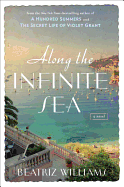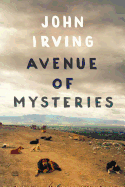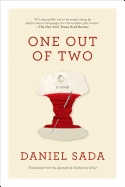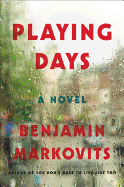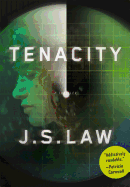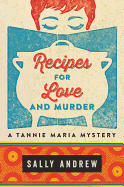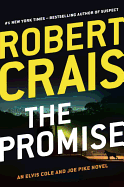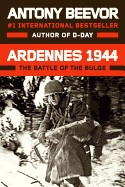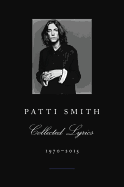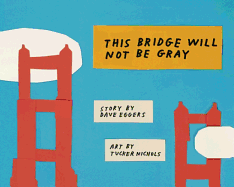_Christopher_Yohn.jpg) |
| photo: Christopher Yohn |
James Renner is the author of the novel The Man from Primrose Lane and several works of nonfiction, including Amy: My Search for Her Killer, The Serial Killer's Apprentice and the forthcoming True Crime Addict: How I Lost Myself in the Mysterious Disappearance of Maura Murray (May 2016). His true crime stories have appeared in The Best American Crime Writing Anthology as well the Cleveland Scene and Cracked.com. Renner's method of using social media to solve cold cases was the subject of a CNN profile in 2015. He lives in Akron, Ohio, with his wife and children. His new novel is The Great Forgetting (see our review below).
In this book, you create an alternative reality where the United States lost World War II and was invaded by the Nazis. Tesla invented the atomic bomb, not Oppenheimer. Native Americans are granted their own continent on the fabled lost continent of Mu. Hawking invents a machine that allows us to forget about our pasts. Describe the process of the "Great Forgetting."
I was inspired to write The Great Forgetting the moment I learned of this notion called "phantom time." It's this theory that our current calendar is inaccurate and that world leaders in the past purposefully altered the historic record to further their own agendas. Pope Sylvester II is believed to have skipped over a hundred years in the official calendar so that he could be Pope during the turn of first millennium, in 1000 A.D. The question is, has it happened since? Has it happened recently?
What are the lost cities of Cahokia, Missouri, and Miakoda, Wyoming?
Cahokia and Miakoda were great cities built by Native Americans that were wiped from the maps--and our memories--when white settlers overwhelmed this land. In my novel, these cities existed well into the 20th century and were destroyed during World War II by the Nazi Wehrmacht. Wouldn't it be nice to visit them again? What secrets were destroyed along with their buildings?
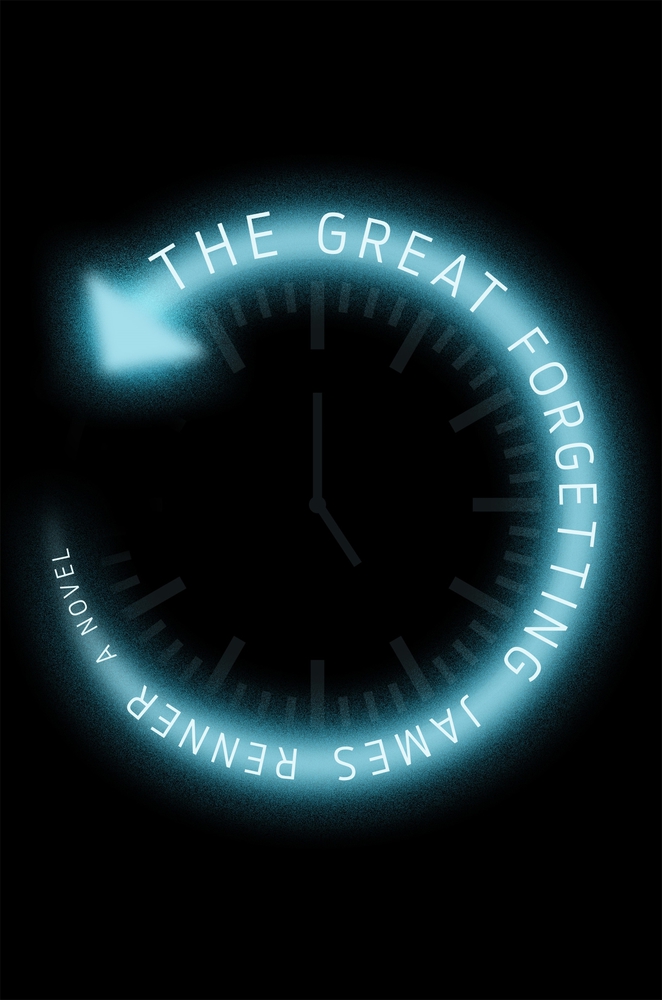 The Great Forgetting is a conspiracy goldmine: UFOs, Area 51, Mengele's experiments, 9/11, fluoride, HAARP, Clementine, Deepwater Horizon, Malaysian Airlines Flight 370, underground bases, lost continents, secret islands in the Pacific--you've got them all. Did you start with one large picture where you wanted to connect the dots or did one topic lead to the next, and so on?
The Great Forgetting is a conspiracy goldmine: UFOs, Area 51, Mengele's experiments, 9/11, fluoride, HAARP, Clementine, Deepwater Horizon, Malaysian Airlines Flight 370, underground bases, lost continents, secret islands in the Pacific--you've got them all. Did you start with one large picture where you wanted to connect the dots or did one topic lead to the next, and so on?
I wanted this novel to play with conspiracy theories the same way that Harry Potter played with magic. Let's get all the old conspiracies in here and give them a new spin! And what if all these little conspiracies were somehow tied together, what if they were operating cells of a grander conspiracy? What would that be? And why would it be so important to protect it?
The universe of this book feels nearly infinite, as though you had access to everything you could ever need in order to create Jack and Cole's journey through this fantastic world. Were you helped along at all because conspiracy is largely a mixture of fact and fiction?
Yes! Exactly. What I loved about the process of writing The Great Forgetting was the research it allowed me to do in the world of conspiracy theories. Every new weird and wonderful thing Jack and his friends stumble across during their adventures is inspired by real stories and events. There is nothing stranger than the real world. It's not necessary to create something new.
For example, have you ever bothered to take a look at that tube of toothpaste sitting on your bathroom sink? There's a poison control warning on there because of the fluoride, man. If you accidentally swallow it, you're supposed to call poison control. If it's that dangerous, why are we drinking fluoridated water? Why are we bathing in it? We forget about the conspiracies all around us because we want to feel safe.
You're also a journalist and seem to have a taste for the weird, unexplained and macabre. What does fiction afford you that journalism and nonfiction do not?
An ending. The real world has no closure. It is existential. The cold cases never get solved. The UFO sighting is never explained. But a good fiction story can have a conclusion, and that's cathartic for me.
How does this book differ from The Man from Primrose Lane?
They exist in the same world--and begin in the same region of Northeast Ohio--but the characters never overlap in this one. The Man from Primrose Lane was about love, loss and time travel. The Great Forgetting is about love, memory and conspiracy theories.
This book has something for everyone. How much fun did you have writing it?
Too much! The first draft was 950 pages. It was so crazy. I mean, Phil from the TV show Deadliest Catch was a main character for a while. And there was a ridiculous fisticuffs battle between Obama and Cheney in the White House. But nobody's gonna read a book that size by James Renner (yet!). I mean, it's no Infinite Jest--although I did want to play around with notions of histrionics and entertainment. There was just too much. So I spent two years whittling it down to a more manageable 400 pages. I'm happy I got to keep my ape/human hybrids. Phil is still in there, too, if you look closely.
Given the state of the world today, what kind of future do you think we are creating?
If we stay the course and allow corporations to run our country, we are in for a dystopia that is worse than anything imagined in literature. This novel is a fun ride, but at its core is an important message: What could drive rational men and women to commit terrorism? If we recognize the lessons of the past, we may still have time to make a better future. But capitalism has no place there. --Jarret Middleton
James Renner: Conspiracy Theories





_Christopher_Yohn.jpg)
 The Great Forgetting is a conspiracy goldmine: UFOs, Area 51, Mengele's experiments, 9/11, fluoride, HAARP, Clementine, Deepwater Horizon, Malaysian Airlines Flight 370, underground bases, lost continents, secret islands in the Pacific--you've got them all. Did you start with one large picture where you wanted to connect the dots or did one topic lead to the next, and so on?
The Great Forgetting is a conspiracy goldmine: UFOs, Area 51, Mengele's experiments, 9/11, fluoride, HAARP, Clementine, Deepwater Horizon, Malaysian Airlines Flight 370, underground bases, lost continents, secret islands in the Pacific--you've got them all. Did you start with one large picture where you wanted to connect the dots or did one topic lead to the next, and so on?